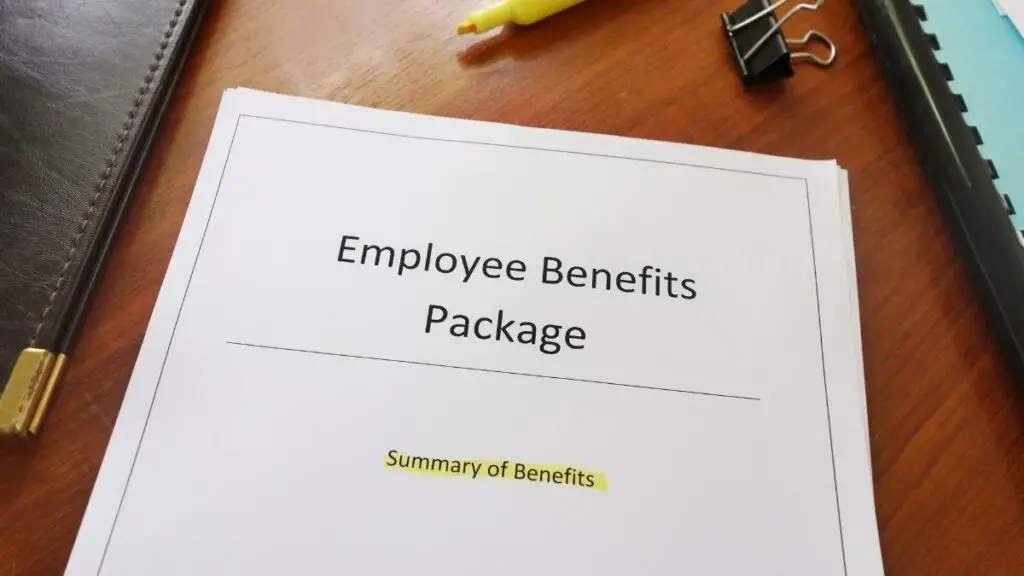The U.S. economy seems poised to struggle through a rough patch, with the Federal Reserve raising interest rates for a third time this year to combat high inflation. New survey data from Morgan Stanley reveals that workers are worried about inflation, but 60 percent of workers are paying more attention to the employers’ financial benefits. A silver lining of tough economic conditions may be Americans putting more effort and resources toward becoming financially literate. Indeed, 89 percent of U.S. employees believe their employers should provide information about their financial benefits and how to maximize them.
Workers Need to Know How to Analyze Benefits Plans
With salaries and wages not going as far as they used to in today’s highly inflationary economy, it’s no surprise that workers are looking at new ways to maximize their compensation. To keep up with inflation and prepare for retirement, workers should understand options like 401(k) contributions. Unfortunately, some 40 percent of Americans don’t understand key facts about 401(k)s, with 30 percent unaware of whether or not their employer even offered such a retirement plan.
Up to 50 percent of American workers have some confusion about employer benefits, whether it involves health insurance, 401(k)s, or equity options. Part of the struggle workers have when it comes to understanding employer financial benefits likely stems from a lack of personal financial literacy in school. When workers enter the workforce, they must pick health insurance plans, 401(k) contribution percentages, and whether to participate in any equity programs very quickly upon being hired. Confused about all the new vocabulary terms, fresh college and high school graduates may simply pick the first options they are presented with or the options that leave the most cash in their paychecks. Traditionally, employees have spent less than one hour evaluating their benefit options when making selections.
Personal Finance Education Should Include Benefits Vocabulary
High school personal financial literacy courses across the United States should specifically include a unit about understanding the benefits plans frequently offered by full-time employers. Existing state requirements may be too broad and ambiguous on this topic. In Texas, for instance, high school Economics courses are required to teach some degree of personal financial literacy, but this only refers to “insurance” in general. And some states do not even require students to take Economics, much less Personal Financial Literacy.
Fortunately, Texas’ Personal Financial Literacy course, which must be offered by high schools but is not required for students to take to graduate, does specifically include understanding employer benefits like health insurance, 401(k) plans, pension plans, health savings accounts (HSAs), and workers’ compensation. Students taking this course will not be surprised when going through employee orientation at their first full-time job. Those who do not take this course may not understand the benefits of contributing to a 401(k), an HSA, or participating in stock options.
Faced with the tough economy of 2022, many workers wish they had previously received more of this education. With future recessions being virtually inevitable due to the fluctuations of the business cycle, it is good that states are deciding to mandate this financial literacy education for students. Knowledge is power and can help workers make optimal financial decisions to support their families remain stable through even steep recessions.

